How Long Does It Take to Build A Custom Home in Delaware?
You’ve got your eyes on customized storage solutions, the perfect layout, finishes, and features to suit your style. Embarking on the journey to build a custom home is an adventure filled with anticipation and dreams of creating a space uniquely yours. For many, the question "How long does it take to build a custom home?" sits at the forefront of their planning and expectations. The timeline for building a custom home can significantly impact various aspects of your life, including financial planning, living arrangements, and even emotional well-being. In this blog post, Bromwell sheds light on the custom home building process, offering insights into what future custom homeowners in Delaware can expect.
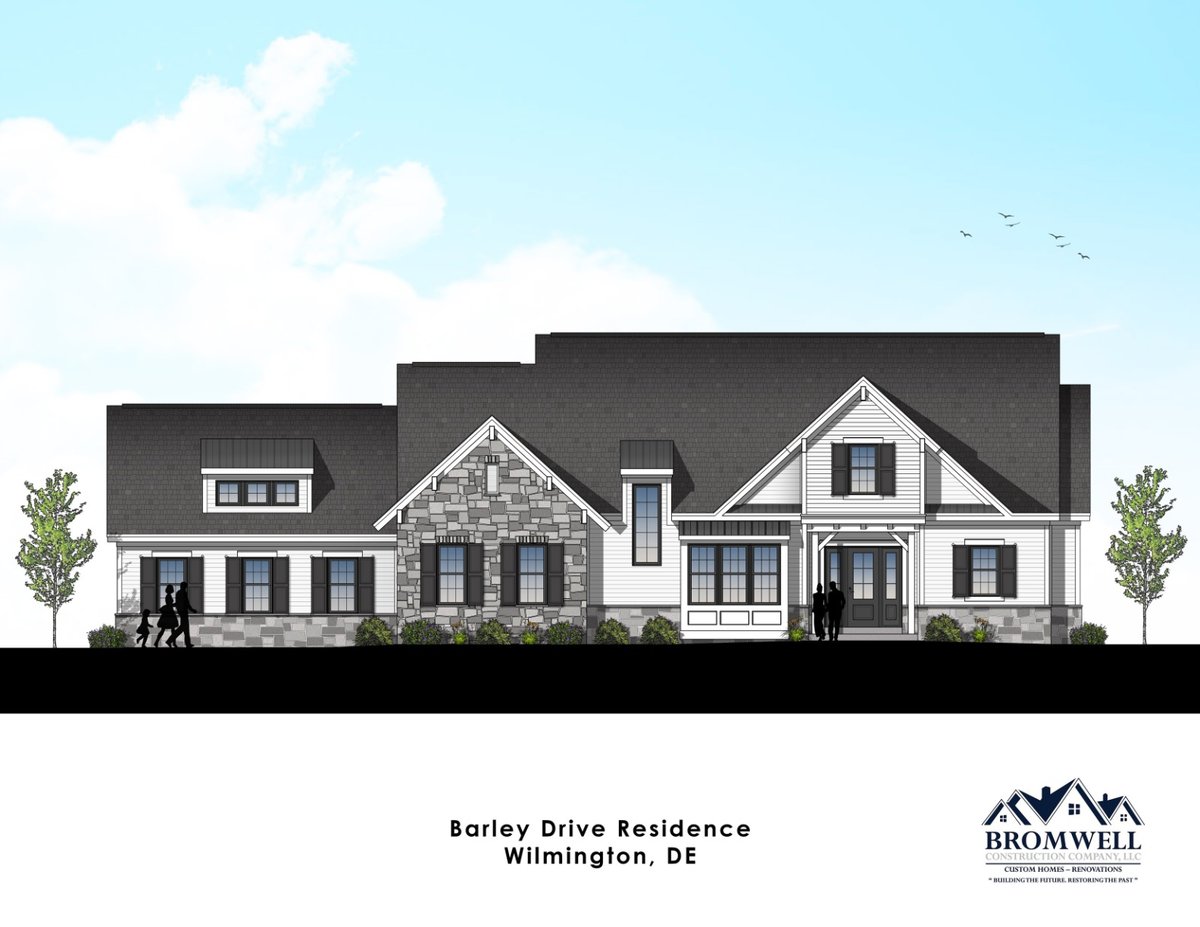
Understanding the Custom Home Building Process
Building a custom home is a detailed and multi-phase journey that varies significantly from one project to another. Typically, the process encompasses several key stages: planning and design, permitting, construction, and finishing touches. The average time to build a house can range beyond 10 to 16 months, depending on various factors such as the design's complexity, the home's size, and the construction crew's efficiency. Because Bromwell Construction employs a design-build process, that’s the timeline we’ll be discussing. One advantage of this process is its speed over a traditional building model where the builder and architect work separately.
The Preliminary Phase: Planning and Permits
The journey to your custom home in Delaware begins long before we break ground. The preliminary phase is critical, setting the foundation for a smooth building process. A thorough planning phase, though it may take a bit longer initially, is critical for a smooth, efficient building process. Securing a building permit is often the first real step toward construction, and the time it takes can significantly affect your overall timeline. In Delaware, obtaining a building permit can range from several weeks to a few months, depending on the complexity of your project and the speed of the local permitting office.
During this phase, you'll also finalize your home's design. This involves choosing floor plans, exterior styles, and interior layouts that reflect your lifestyle and preferences. Remember, changes made during this stage are far easier and less costly than those made during construction. Careful planning here ensures that your vision is accurately translated into blueprints and helps prevent delays later on.
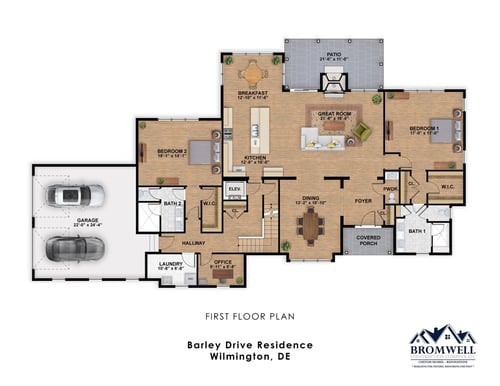
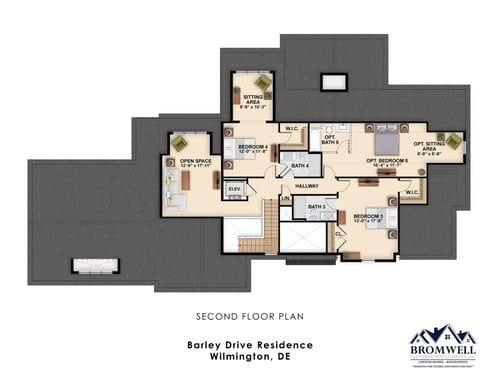
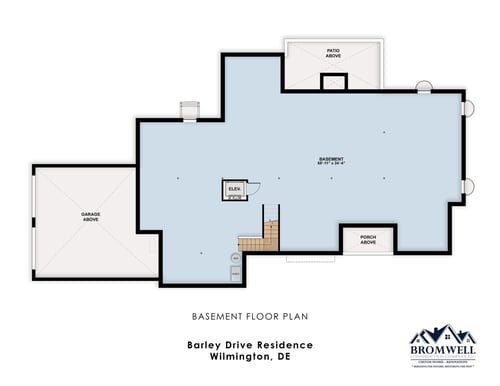
Construction Phase: Breaking Ground to Final Touches
Once permits are secured, the construction phase begins—a dynamic period that transforms your blueprints into a tangible structure. This phase is often the longest, with several key stages.
- Excavation and Foundation: Site prep and foundation work come first. This crucial stage can take from a few weeks to over a month, depending on soil conditions and foundation type.
- Framing: Often considered one of the most exciting stages, as the home's shape and rooms become identifiable. Framing can take one to two months, influenced by the home's size and complexity.
- Mechanicals (Plumbing, Electrical, HVAC): This stage involves installing the home's essential systems. It's a complex process, usually taking a month or two, requiring careful coordination between various contractors.
- Drywall and Interior Finishes: After the mechanicals are in place, walls go up, and the interior starts to look more like a home. This stage includes painting, installing cabinets, and laying floors, which can take around one to two months.
- Final Touches: The last step before move-in includes final inspections, landscaping, and cleaning. This stage is typically quick, lasting a few weeks, but it's critical for ensuring everything looks perfect for the new homeowner.
Factors Influencing the Building Timeline
Building a custom home is a complex process influenced by numerous factors, each capable of affecting the overall timeline. Understanding these factors can help set realistic expectations.
- Weather Conditions: Weather plays a significant role, especially in Delaware, where seasons can greatly influence construction activities. Inclement weather can delay foundation laying, framing, and exterior finishes.
- Material Availability: The availability of construction materials can cause delays. Fluctuations in the supply chain affect everything from lumber to electrical components. Planning for potential shortages or longer lead times and having alternatives can mitigate these delays.
- Changes in Plans: Modifications to the original design or material selections during construction can significantly impact the timeline. While some changes are inevitable, extensive alterations can lead to substantial delays.
- Permitting and Inspections: Beyond the initial permit approval, ongoing inspections are required at various construction stages. Delays in inspection schedules or the need for re-inspections can extend the timeline.
- Labor Availability: The demand for skilled labor can fluctuate, affecting your project's progression. Working with a reputable builder who has a reliable team and network can help avoid such delays.
Building in Delaware: Specific Considerations
Building a custom home in Delaware comes with a unique set of considerations that can influence the construction timeline.
- Local Zoning and Regulations: Delaware's local zoning laws and building regulations can vary significantly from one municipality to another. Familiarity with these regulations is crucial as they can affect everything from design approval to the types of materials used.
- Environmental Factors: Delaware's coastal and wetland areas may require additional environmental assessments and permits, especially in environmentally sensitive zones. This can extend the pre-construction phase but is vital for sustainable development.
- Community Standards: In certain neighborhoods, especially those with homeowners' associations (HOAs), additional approvals may be required to ensure your new home adheres to community aesthetics and standards. This can add time to the planning phase but ensures harmony within the community.
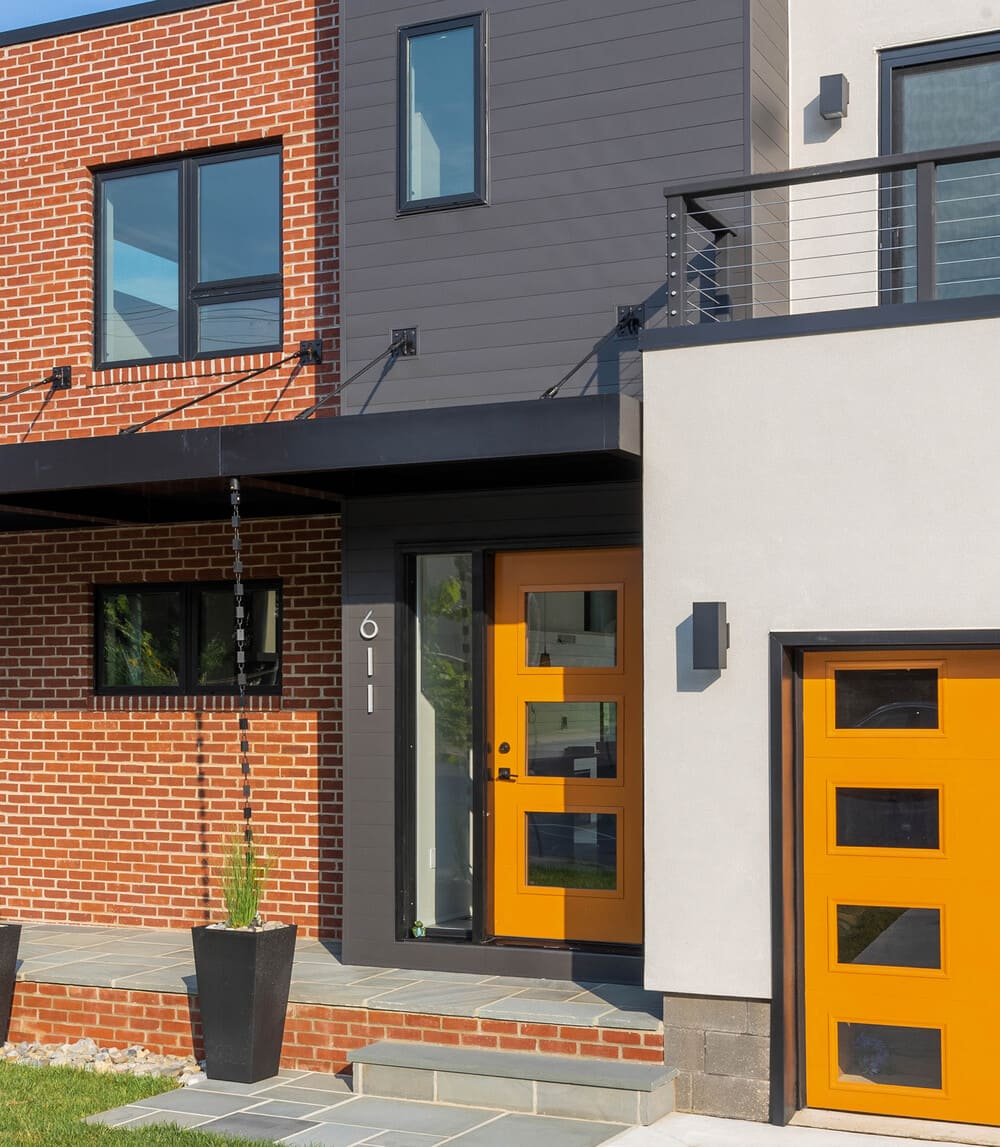
Thinking about building your custom dream home in Delaware? Contact Bromwell Construction to partner with a team that brings expertise, dedication, and a commitment to quality at every step of the way. Let's make your dream home a reality.

